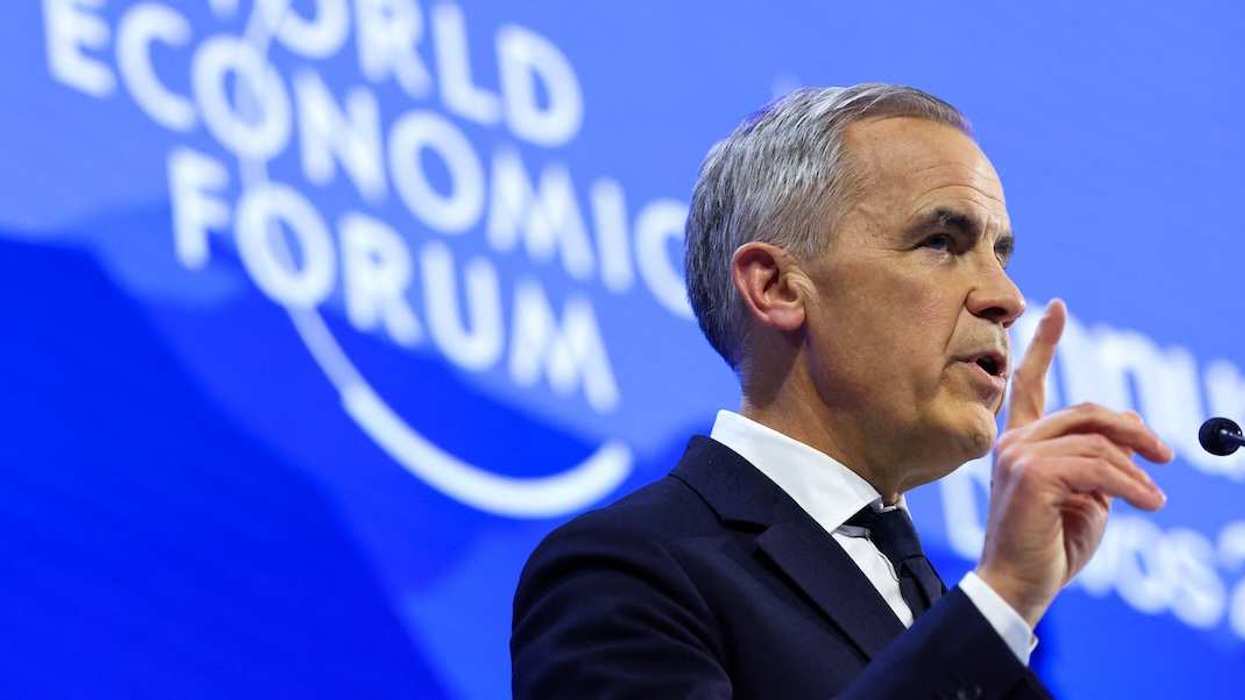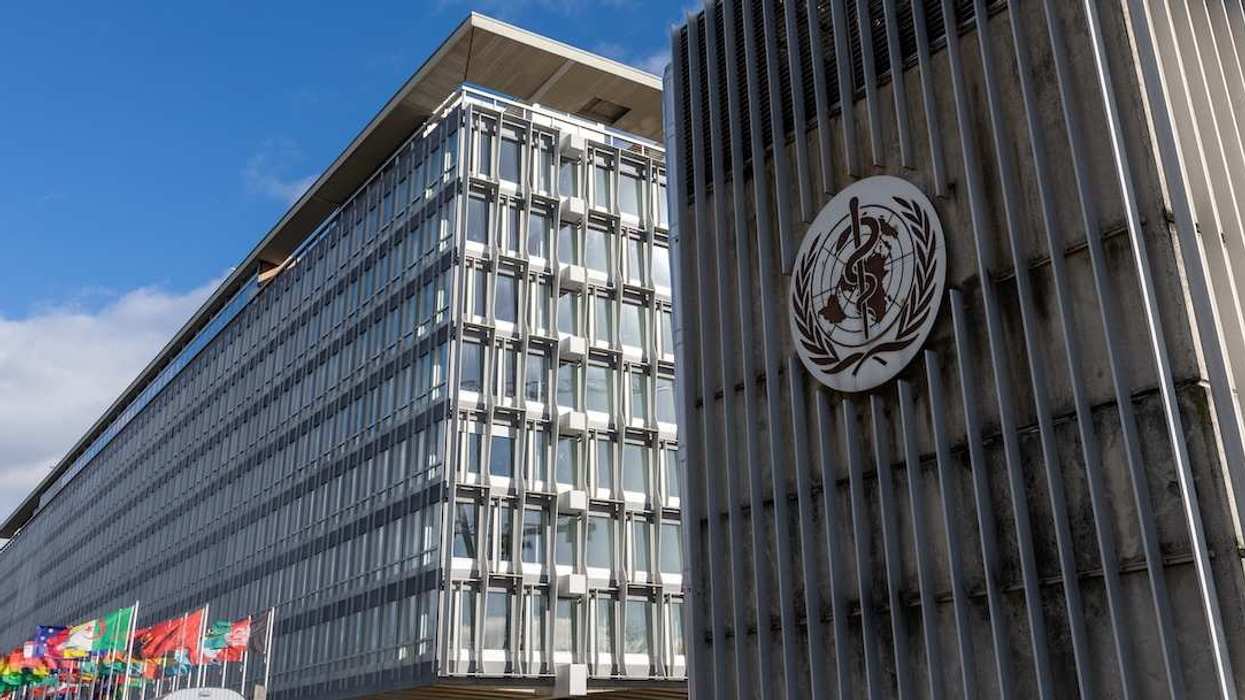South Koreans head to the polls this Tuesday, June 3, to elect a new president. They’ll face a choice between two candidates with sharply contrasting visions for the country’s future — the outcome could determine whether Seoul stays closely aligned with the US and Japan, or shifts toward a more independent course that might favor closer ties with China.
Why is there an election now? The special election comes after former President Yoon Suk Yeol declared martial law in December — a move widely condemned as an unnecessary and unconstitutional power grab – and was subsequently impeached and removed from office. Ever since, South Korea has been facing “a slow-moving catastrophe,” according to Eurasia Group’s regional expert Jeremy Chan, one that’s rippled through Seoul’s economy, foreign policy, and image as a stable democracy.
Who’s running? Yoon’s conservative People Power Party party has nominated Kim Moon-soo, one of the few politicians to stand by Yoon during his impeachment drama. Kim would likely continue Yoon’s fiscal and foreign policies. The party is gambling that the tie to Yoon won’t hurt Kim too much with the moderates whose support he will need to win.
His opponent is Democratic Party nominee Lee Jae-myung, a former mayor, governor and lawmaker with a left-leaning track record.
“For two decades, Lee has been a classic progressive,” Chan explained. “Big government, high taxes on corporations and the wealthy, and redistribution.”
He has tacked to the center in his campaign, but, given that his party controls the legislature, he would face little opposition to a more classic progressive agenda. Chan expects him to govern from the left.
What do the polls say? Lee led by 14 points in a Gallup Korea poll from last week.
This vote could realign East Asia. Under Yoon, South Korea took major steps to normalize relations with Japan and deepen trilateral security cooperation with Washington and Tokyo, culminating in the Camp David summit in August 2023, something Chan says “would’ve been unthinkable under the previous DP administration.”
Lee, by contrast, has a long record of skepticism toward both Japan and the US. While he’s publicly committed to maintaining stable relations with Tokyo, his past rhetoric — calling Yoon’s Japan policy “subservient” — hints at a deeper ideological divergence.
China, it seems, is betting on that. Lee made waves on the campaign trail by saying that Seoul should stay out of any China-Taiwan conflict, though he insists he is not pro-Beijing. Earlier this year, the speaker of South Korea’s National Assembly – an ally of Lee’s – received an unusually warm welcome in Beijing, including an hour-long meeting with Xi Jinping.
“Beijing’s behavior is very telling,” Chan says. “They’re treating Lee as the next president — and as someone they can work with.”
Tensions with the US may surface quickly – especially around trade. South Korea is facing the imminent return of US President Donald Trump’s tariffs, unless a new deal is struck by July 8. But Lee is unlikely to offer concessions up front.
“He wants to go late in the negotiating queue,” said Chan, who thinks Lee will delay until similarly positioned countries like Japan, India, and Vietnam make deals that can be benchmarked against. “He doesn’t want to sign a bad deal early and look foolish later.”
If Lee wins on Tuesday South Korea’s domestic politics, its regional alignment, and its US alliance could all shift dramatically.
“This is a turning point,” Chan said. “Not just for Korea, but for the entire Indo-Pacific. And the signals from Beijing, Tokyo, and Washington suggest that they all know it.”


















